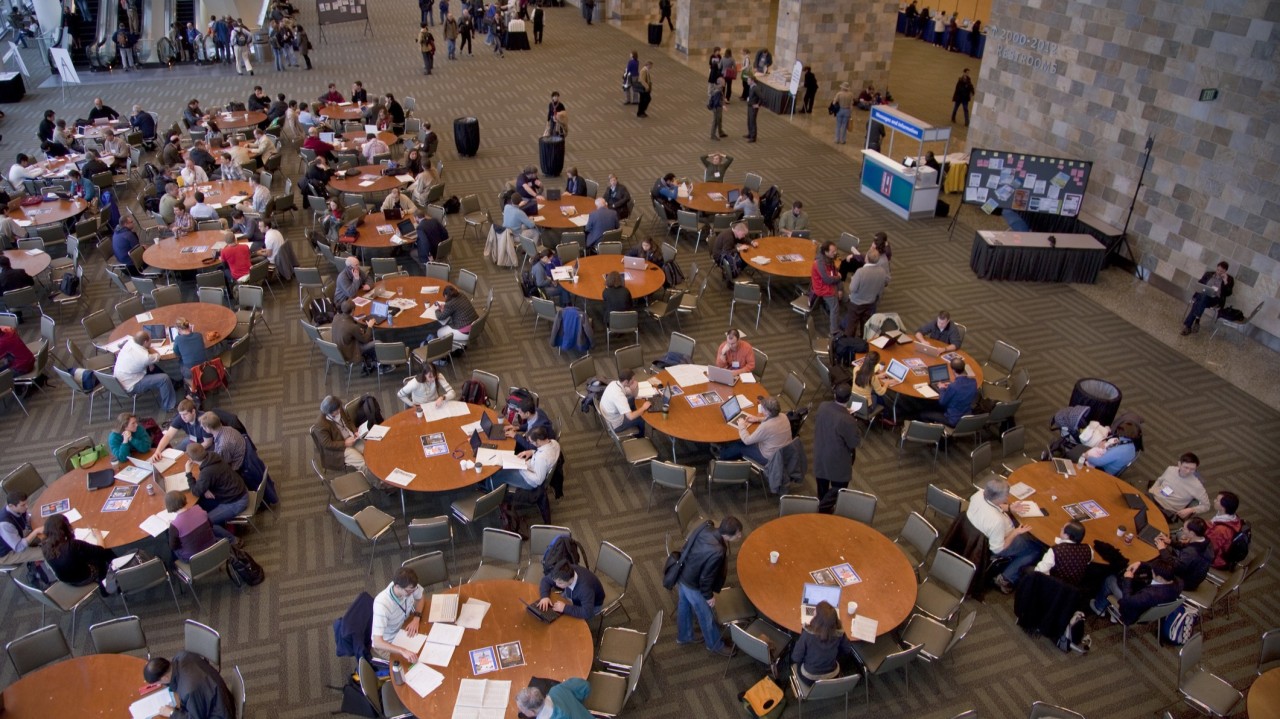
You have plenty of company. According to numerous surveys, most businesspeople view meetings as boring, un-productive, and a waste of time. (In one poll, 43 percent of executives admitted to having dozed off at a meeting at least once.) Some view meetings as downright unbearable. Is it possible to leave a meeting feeling refreshed, with a heightened sense of teamwork, and ready to take constructive action? Use this diagnostic test and follow up with the necessary cure. There can be more to look forward to than danish and coffee.
Your meetings are out of control if:
- People show up late or not at all.
- Instead of an agenda, anything and everything comes up.
- 10 percent of the participants do 90 percent of the talking.
- Most of the topics discussed have no relevance to most of the participants.
- Things are discussed and discussed and disgust meeting after meeting.
- There’s no procedure for reaching a decision.
- People use the time for getting paperwork done or for daydreaming about a world without meetings.
- People wake up only for the name-calling and confrontation.
You can end meeting madness if you:
- Cancel any meeting you don’t really need.
- Call a meeting only when the input of the group is necessary for discussion and constructive action.
- Use other communication methods (text, telephone, email) for routine announcements.
- Create and distribute an agenda several days in advance.
- Include participants’ concerns by inviting all beforehand to suggest topics for discussion.
- Break down the agenda by the time allotted for each topic of discussion.
- Consider having certain participants attend only relevant parts of the meeting.
- Include introductory and concluding statements for each agenda item.
- Let participants know how and when a decision will be made: “Let’s hear your ideas for our fund-raising project. Next Tuesday, the executive board will vote on them.”
- Keep meetings as short as possible.
- Take frequent breaks, about once every hour and a half during a long meeting.
- Brush up on listening and group leadership skills.
- Don’t forget the goodies—try juice and fruit for a change from coffee and doughnuts.
WARNING! Exposure to too many meetings can be dangerous to your company’s health. Stick to a moderate meeting dosage.
Laurie Schloff is an Executive Communication Coach at The Speech Improvement Company



